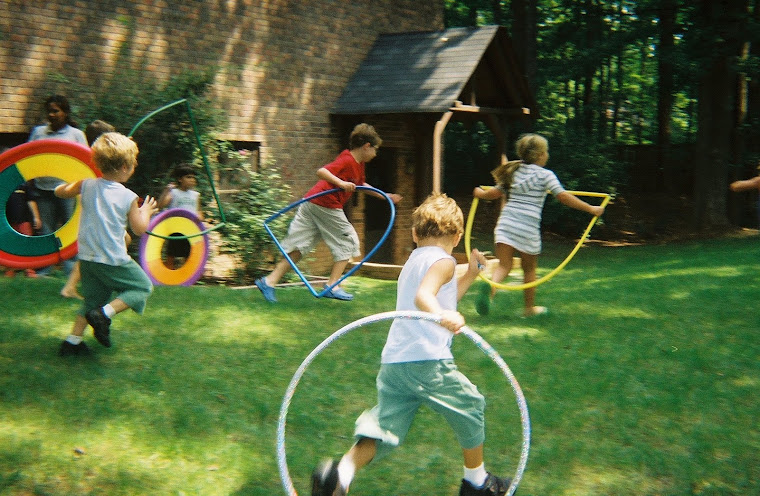Special Needs essentials blog/Deborah
Gauzman
Written by: Susan N.
Schriber Orloff, OTR/L, FAOTA
When
thinking of playful engaging activities for “special needs” children it is
important that know that everything can be adapted to meet the needs of any
child within a play environment.
It is more
important to think how than
what. A simple game of checkers can be
made easier by putting string in the directions the player is allowed to move,
pick up sticks can be arranged to follow a pattern on an underlying mat so that
the game includes color and positional matching not to mention pincer grasp,
dominoes can be color coded on their dots so that the game turns into multiple
matching tasks not just one; and so forth.
Parents do
not have to spend a lot of money in special needs catalogues looking for just
the “right” toy or game when all games can be “right” if used creatively and
with necessary adaptations.
When selecting special toys or equipment think about
versatility and how many ways you can use the item. Special Needs
“essentials” is just that, the “essentials” so think about the BEST
pieces to buy that cover a range of opportunities for multiple functions.
For example a “chewy tube” can also be an in-hand
manipulation toy; neon bracelets can be adapted pick-up sticks; hand held
massagers can be part of a relay race game; and puppets designed for increasing
hand skills can be used for imaginative play to increase social skills.
There is
also the Old Fashioned concept of making a game or craft together. Before all the left over Christmas wrapping
paper is gone, make a sculpture with the paper, watered down school glue and
some ModgePodge. Think about making toy storage boxes that the child will be invested
in using by covering them with the left over wrapping paper and making it shiny
with the ModgePodge. Parent and child will get a lot more out of this activity
than the end product—they will be talking to each other and this is an
excellent time to use and build vocabulary and social skills.
The most
important thing to think about is ‘how can this activity enhance my child’s
total developmental abilities: physical (hand skills and/or gross motor),
neurological (thinking, reasoning and sensory) and perceptual (seeing and
processing) skills.
Your options
are endless and they are most likely to be already in your home rather than a
fancy (and expensive) catalogue, or in a store near-by.
Susan N. Schriber Orloff, OTR/L is the author of the book.
“Learning RE-Enabled” a guide for parents, teachers and therapists,(a National
Education Association featured book) as well as the CEO/Exec. Director of
Children’s Special Services, LLC an occupational therapy service for children
with developmental and learning delays in Atlanta, GA. She can be reached through her website at www.childrens-services.com or at susanorloff@childrens-services.com. On Twitter at OTRLovesKids, or her blog
LDMadeEasy.blogspot.com, or Facebook Susan N. Schriber Orloff, OTR/L, FAOTA
Children's Special Services, LLC page.

No comments:
Post a Comment